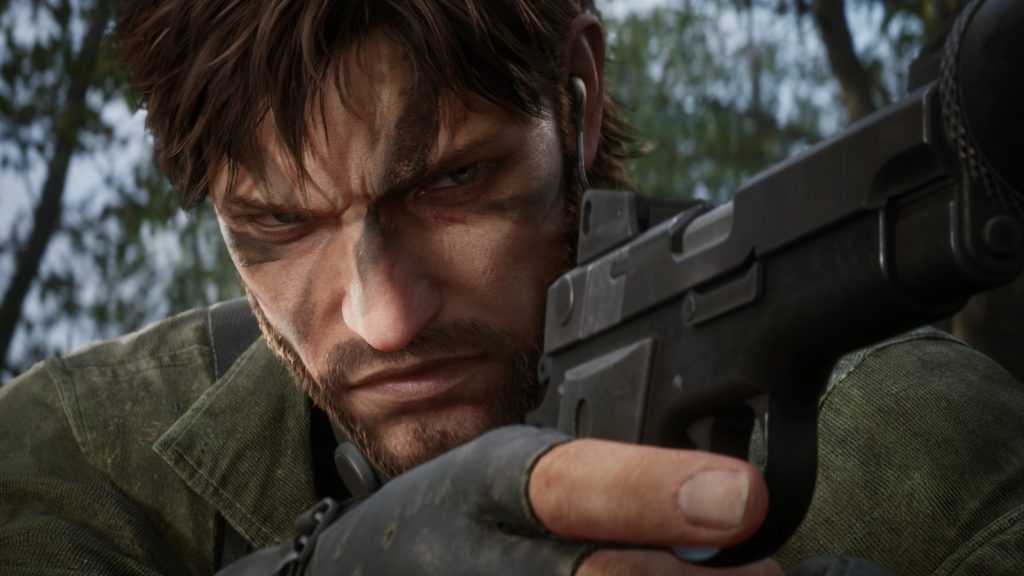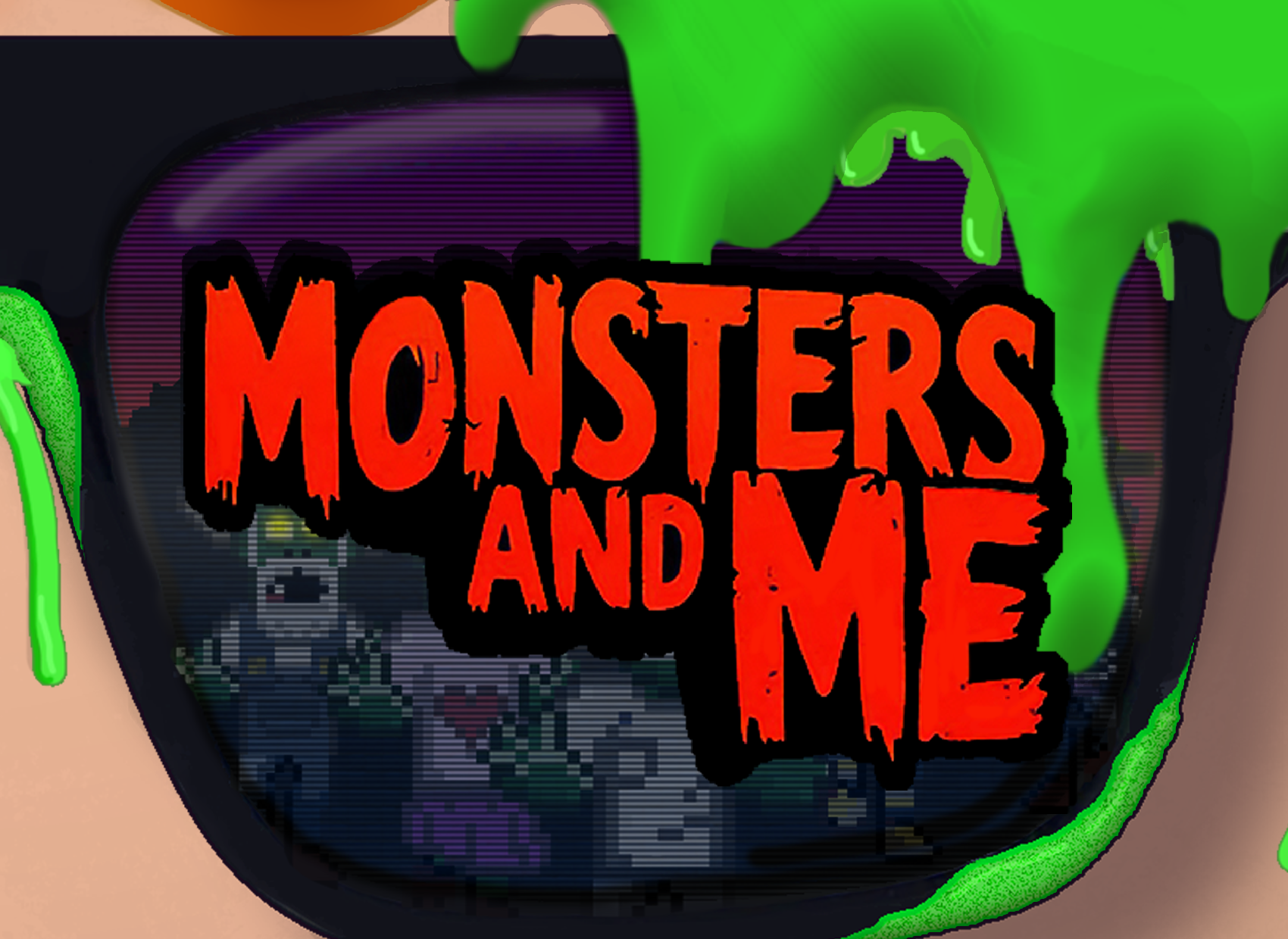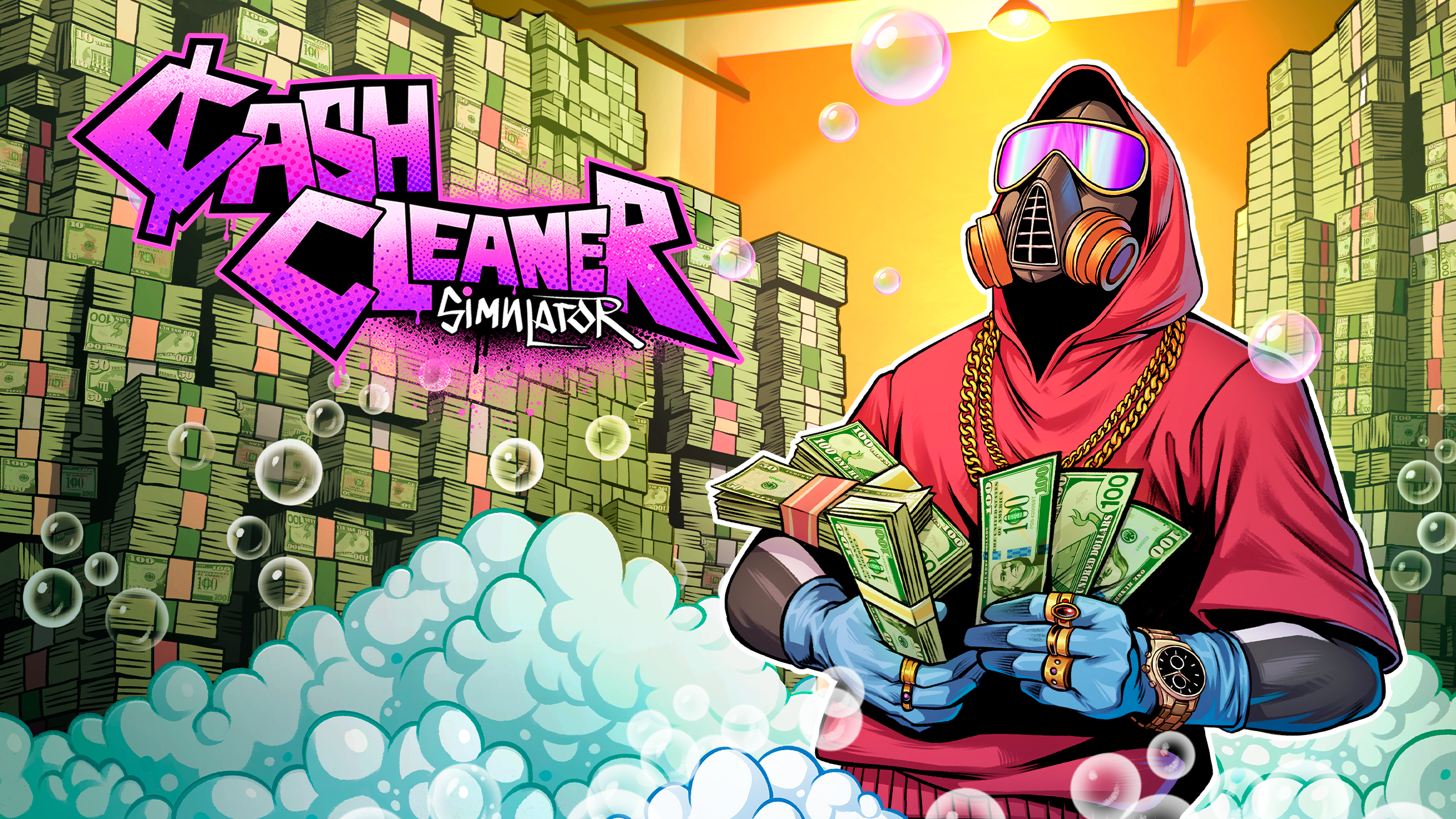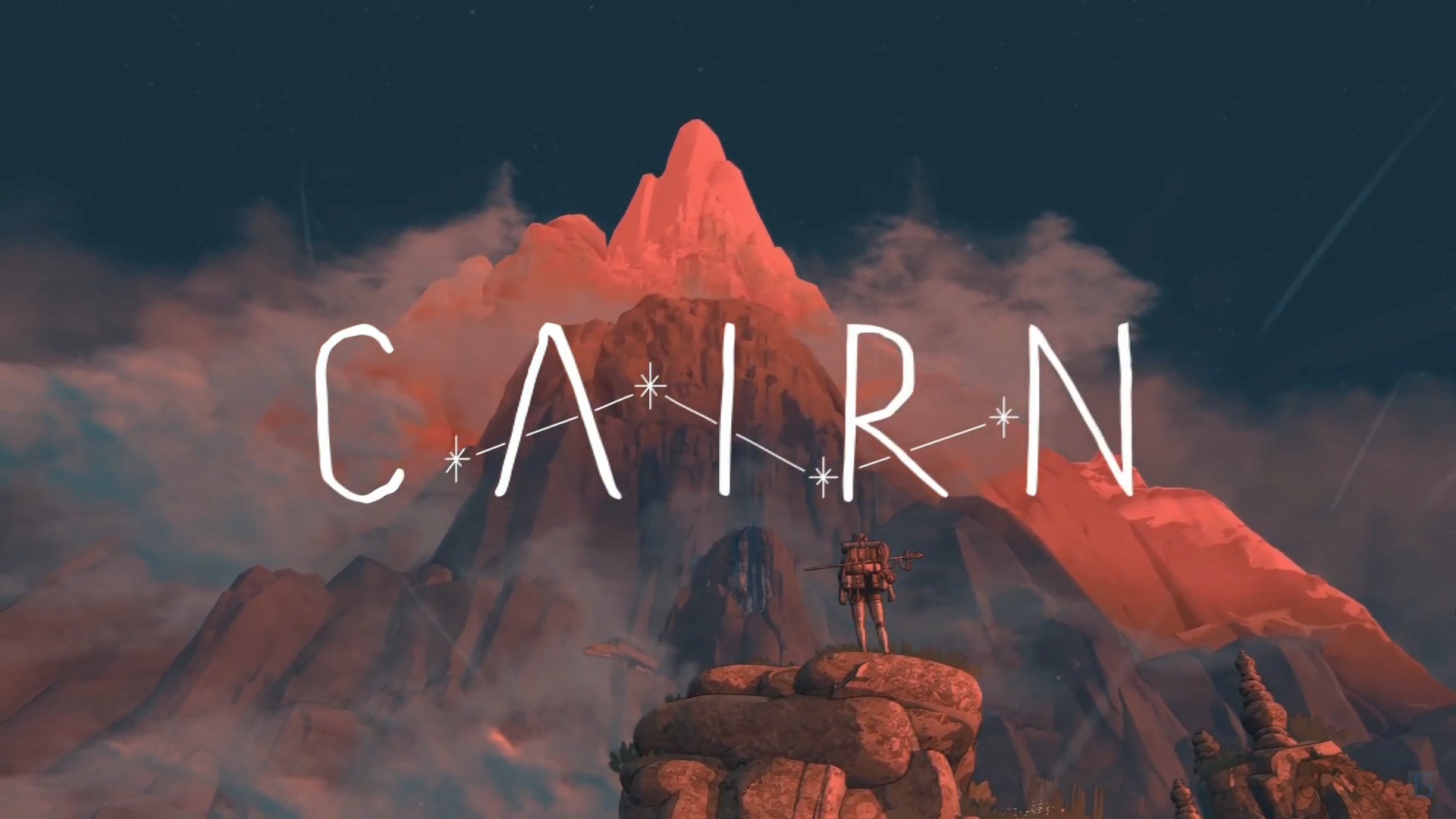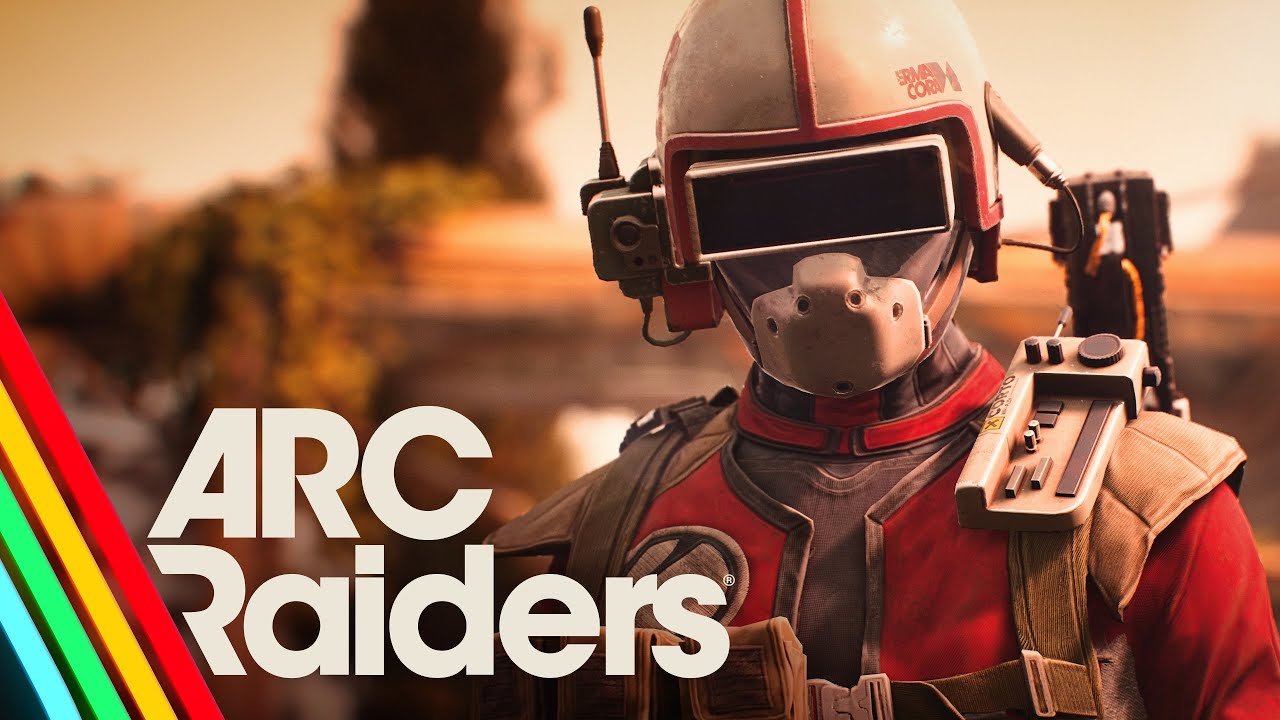“I think players might just need to see the game and try it for themselves to decide if this approach works,” says series producer Noriaki Okamura.
Metal Gear Solid Delta: Snake Eater has looking increasingly promising each time Konami has shown off, and one of the things that has given fans confidence in how it’s shaping up is how closely it is sticking to the original game. But while its faithfulness to the source material is obviously a positive for many, especially for a franchise that is returning after such a long hiatus, others have wondered whether maybe the game is playing things too safe.
For instance, it was recently confirmed that just like in the original, the upcoming remake will see all of its areas separated by loading screens, rather than the entire experience being seamlessly stitched together, surprising many. Whether or not that sort of design is dated for a modern stealth experience is something some have asked since, but the people working on the remake have shed some light on what Konami decided to take this direction.
In a recently released “Production Hotline” episode by Konami, series producer Noriaku Okamura spoke about Metal Gear Solid Delta receiving criticism from some for being too faithful, explaining that though there were intense internal discussions early on during the game’s development about whether or not to keep the original’s design completely unchanged, the team ultimately decided that it was important to stick to the original game’s vision so as not to change the gameplay experience too much.
“I would just mention a few things about this being too faithful and the thought process behind that,” he said. “When people ask, ‘couldn’t they have improved on this?’ or ‘wouldn’t it have been better as a more modern stealth game with much more freedom to it?’. I do understand where they’re coming from, and in the early stages of development, that was actually our most hotly debated issue.
“But at the end of the day, well… We saw discussion of how it feels outdated to go to an area and nothing you do there affects other areas. But that’s just how the game was designed. The rhythm and the shifting pace of gameplay flows from that choice. If we had done anything to change that overarching design, it would have changed the game entirely. And given what we were setting out to do, we questioned whether that really fit with the vision for this project. So we decided that we’d rather come down on the side of being too faithful and maintain the original design o Metal Gear Solid 3: Snake Eater instead of trying to rework everything.”
Okamura went on to add that though there’s certainly been criticism over the remake’s faithfulness, there has also been “plenty of coverage where that level of faithfulness was pointed at as a good thing.”
“So I think players might just need to see the game and try it for themselves to decide if this approach works,” he said.
Though Metal Gear Solid Delta won’t be making too many drastic changes with its story and game design, it will still be introducing plenty of quality-of-life improvements, from a compass to quick dial for the codec, in addition to Quality and Performance modes.
Metal Gear Solid Delta: Snake Eater is in development for PS5, Xbox Series X/S, and PC. Konami has confirmed it will be playable at TGS later this month.

